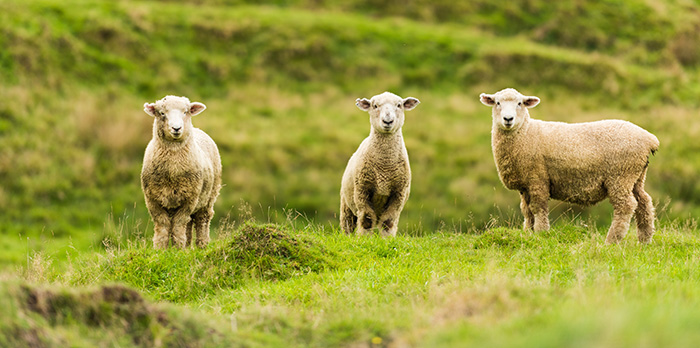A major international research study has estimated that parasitic worms cost the European livestock industry more than €1.8 billion (£1.6bn) per year, with drug-resistance costing at least €38 million (£34.1m) per year in production losses and treatment costs.
The study can support the identification of livestock sectors and regions where the largest losses occur and inform control programmes and research policies at national and European level.
The costs of parasitic worms to the UK livestock industry was estimated at £42.3m per year in the sheep sector. The annual costs of drug resistance in the UK sheep sector was £3.2m, the highest of all European countries included in the study.
Dr Dave Bartley, from the Moredun Research Institute, said: “The high estimates for the UK livestock industry from the study highlight the importance of ensuring that treatments work on a farm.
“Routine drench efficacy testing is one way to achieve this – tests can be cost effective, identify issues early and prolong the working life of products now and for the future.”
Professor Eric Morgan, from Queen’s University Belfast, added: “Parasites are not as noticeable as some other diseases but are extremely common and take a steady toll on production, even when they don’t cause obvious outbreaks.
“That explains the high estimated costs in this study, and reinforces the need to plan worm control carefully, and to take changing patterns of infection into account.”
Agricultural economic data was combined with the latest data on the levels of disease and drug-resistance in 18 European countries.
The study was led by Dr Johannes Charlier of the Belgian scientific consultancy Kreavet, as part of a European Cooperation in Science & Technology Action, COMBAR (Combatting Anthelmintic Resistance in Ruminants). It involved a total of 23 organisations who brought together regional expertise and the latest data on the economic impacts of parasitic disease in the European livestock industry.


